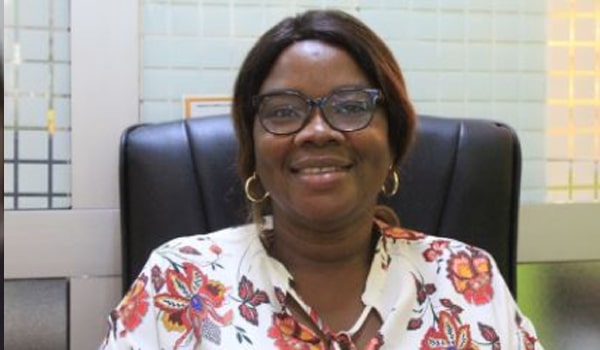
Top photo: Honorine Adou Secreoua, President, AGnDR
In Côte d’Ivoire, safe abortion is only legal following rape and in case of risk to the life of the woman. Moreover, the woman must request an abortion and the attending physician or surgeon must seek the advice of up to two consulting physicians, who, after examination, attest that her life can only be saved by this intervention. Honorine Adou Secreoua, president of Action against Unwanted and At-Risk Pregnancies (AGnDR) has called on the State to harmonise its law with Article 14.2c of the Maputo Protocol, which allows for legal abortion on wider grounds. AGnDR, set up in February 2019 in response to the high ratio of maternal deaths in the country, is a sub-group of 29 organisations who form the Civil Society Coalition for Reproductive Health and Family Planning (CSCSR/PF). They are fighting for the promotion of sexual and reproductive health and rights, in accordance with the Maputo Protocol more broadly.
The specific aims of AGnDR regarding contraception include enabling women and adolescent girls to use contraception, increase the resources allocated for contraceptive products, integrate the distribution of contraceptive methods by community health workers, increase family planning services in both public and private setting to 100%, increase access of women living with HIV and young people to family planning methods, and strengthen the national drug supply chain to increase the availability of family planning products.
In Côte d’Ivoire, in 2018, there were an estimated 645 maternal deaths per 100,000 births, including from complications of clandestine abortions. Clandestine abortions in the country amounted to “between 209,380 and 288,252 per year in girls and women aged 15 to 49 from all social strata”, whether urban or rural, published in Wave II, a report by Performance Monitoring & Accountability, published in 2020 following surveys carried out by the National Program for Mother and Child Health (PNSME) and the National Institute of Statistics (INS), with the support of Pathfinder International.
AGnDR say the Ivorian government has been open to their campaigns. For example, awareness-raising about the current law on abortion has made more people aware that abortion on grounds of rape is already legal and can be provided.
Data from the Ivorian Ministry of Health and Public Hygiene revealed in May 2020 that hospital attendance by patients had declined by 50% due to the pandemic, as people were afraid of infection. To break the chain of contamination, especially among women, the AGnDR has been conducting awareness-raising since mid-March 2020, including via radio broadcasts. The association of women lawyers, also involved in this fight, gives advice to women in its legal clinic. AGnDR have been reassured that there is no shortage of products related to reproductive and sexual health, because orders are made in year n + 1 to guarantee the availability of these products. They have also advised the National Council of Human Rights on the subject and the National Observatory for Equity and Gender on the issues of sexual and reproductive health.
SOURCES: APA News, 19 July 2020 ; RTI, by Frederic Goré-Bi, 20 July 2020



